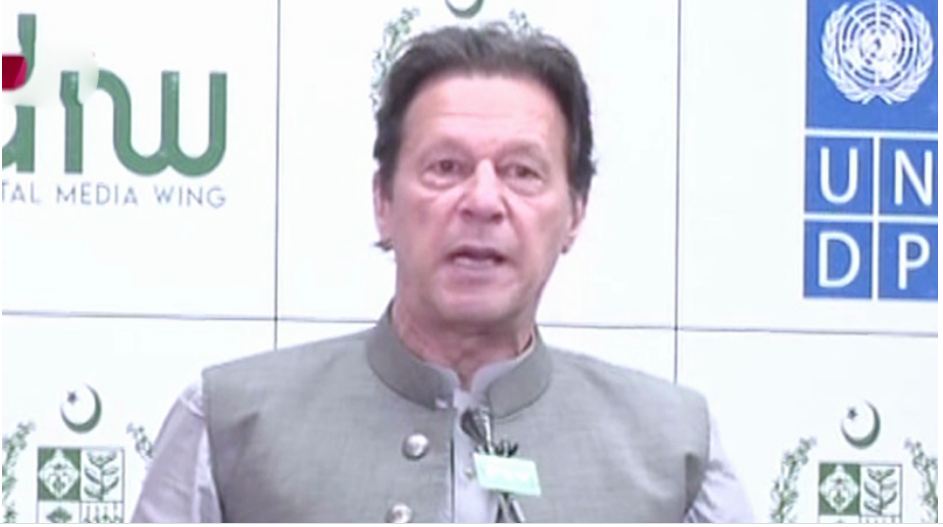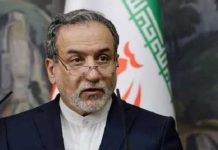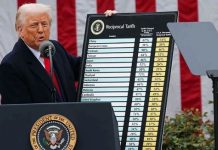“I believe that U.S. can work with a new govt in Afghanistan to promote common interests and stability,” The PM says
DNA
ISLAMABAD: Prime Minister Imran Khan on Friday said Pakistan would work with the authorities in Afghanistan to halt Tehreek-e-Taliban Pakistan (TTP) and other sources of terrorism emanating from the neighboring country.
He said Pakistan was “extremely concerned” about the threat of terrorism from Afghanistan, particularly from the TTP, which had conducted thousands of attacks against Pakistan from the territory of Afghanistan with the sponsorship and support of “certain hostile intelligence agencies”.
In an exclusive conversation with Newsweek magazine, Khan pointed out that the “plethora of terrorist groups” could take advantage of the conflict in Afghanistan.
The conversation with senior journalist Tom O’Connor conducted via email focused on a number of subjects including Afghanistan, the relations with United States, China Pakistan Economic Corridor (CPEC), counter-terrorism efforts and pandemic.
Imran Khan mentioned that TTP had also been responsible for most of its attacks on Chinese citizens working in Pakistan, perhaps with the support of the East Turkestan Islamic Movement (ETIM).
He said Pakistan desired to promote a comprehensive, not selective, approach to neutralizing terrorist threats from Afghanistan.
He stressed the need to work with the authorities in Kabul to neutralize terrorist groups present in Afghanistan, adding that both Pakistan and the United States needed to prevent terrorism arising from Afghanistan.
“We will cooperate with the international community, including the United States, in this effort,” he said. “The last thing Pakistan wants is more conflict and turbulence in Afghanistan”.
After 20 years of military intervention in Afghanistan, he said the international community could not exonerate itself from its responsibilities towards the people of Afghanistan and “must stay engaged”.
“It is our hope that Afghanistan will be stabilized, through humanitarian help, economic support, and connectivity and infrastructure projects, and that the U.S., China and Russia will all contribute to pacifying and reconstructing Afghanistan,” he said.
On the immediate impact of the U.S. military withdrawal from Afghanistan on Pakistan and the region, he said as the Taliban gained control over the entire country for the first time in 40 years, there was a hope that security could be established.
“A peaceful Afghanistan will be beneficial for Pakistan, opening up possibilities for trade and development projects,” he said.
Imran Khan emphasized on addressing the humanitarian crisis in Afghanistan due to the COVID-19 pandemic, conflict, and the failures of the previous governments.
He said as for China, any offer of economic support to Afghanistan, would be naturally accepted by Afghans.
He mentioned that the Taliban had welcomed the prospects of being incorporated in the CPEC and establishing close relations with China.
However, he said the U.S. too could play an important and positive role in Afghanistan by providing humanitarian assistance, contributing to its recovery and reconstruction, and cooperating in containing terrorism.
Imran Khan recalled that during the Doha peace process, the U.S. had established a working relationship with the Taliban and maintained direct cooperation during the evacuation process.
“I believe that the U.S. can work with a new government in Afghanistan to promote common interests and regional stability,” he said.
Asked if Pakistan intends to recognize the new Islamic Emirate of Afghanistan, he said as the Taliban had established an “acting government”, Pakistan was obliged to engage with the de-facto authorities in Afghanistan to prevent an economic and humanitarian collapse and the resurgence of terrorism.
“Once a government in Kabul establishes control over the entire country, it would legally qualify for recognition,” he said.
However, he stressed that Pakistan would prefer to reach a decision regarding recognition of the new government together with other neighbors of Afghanistan.
To a question on Quadrilateral Security Dialogue, he said Pakistan had its own views over the credibility of this strategy.












